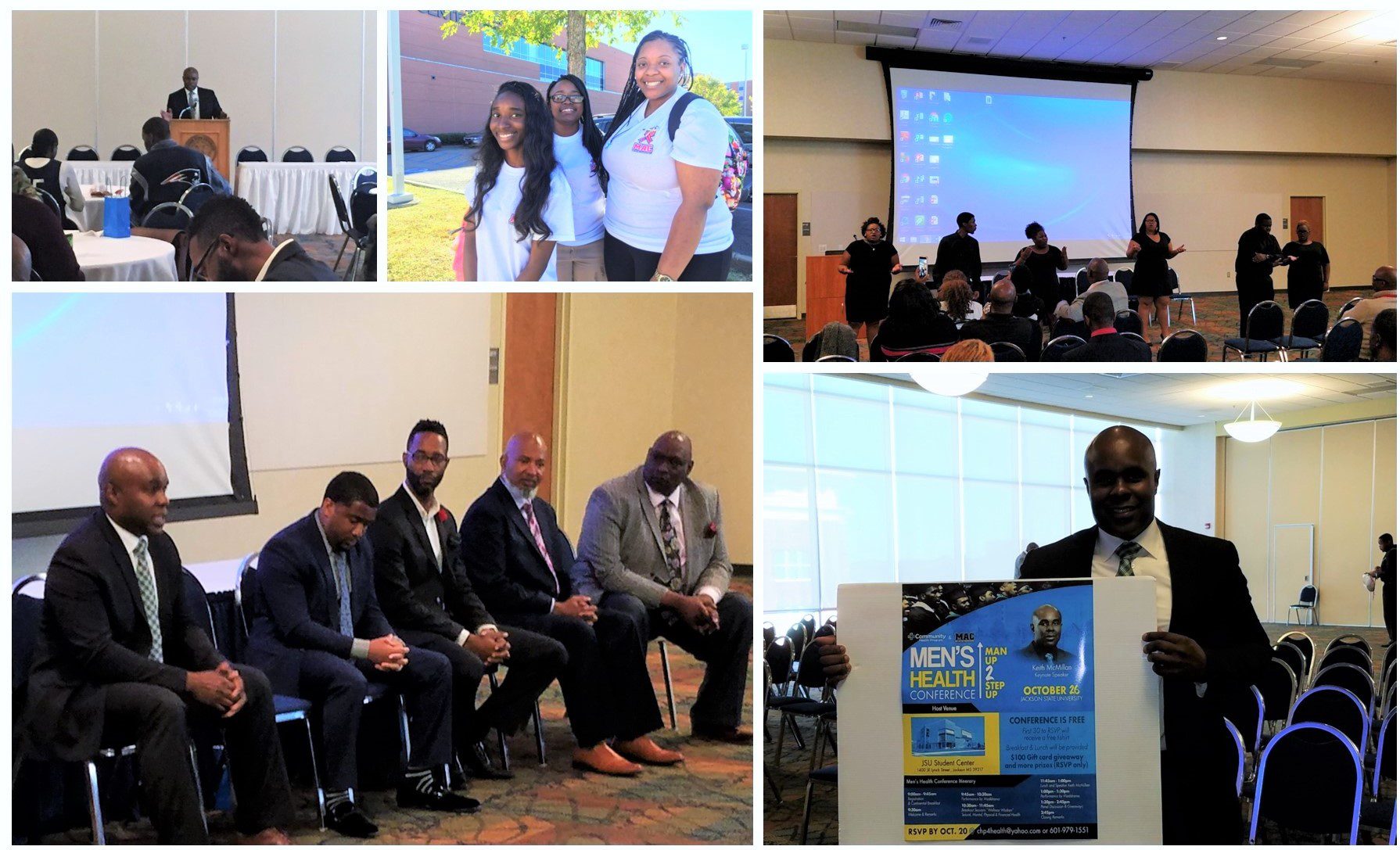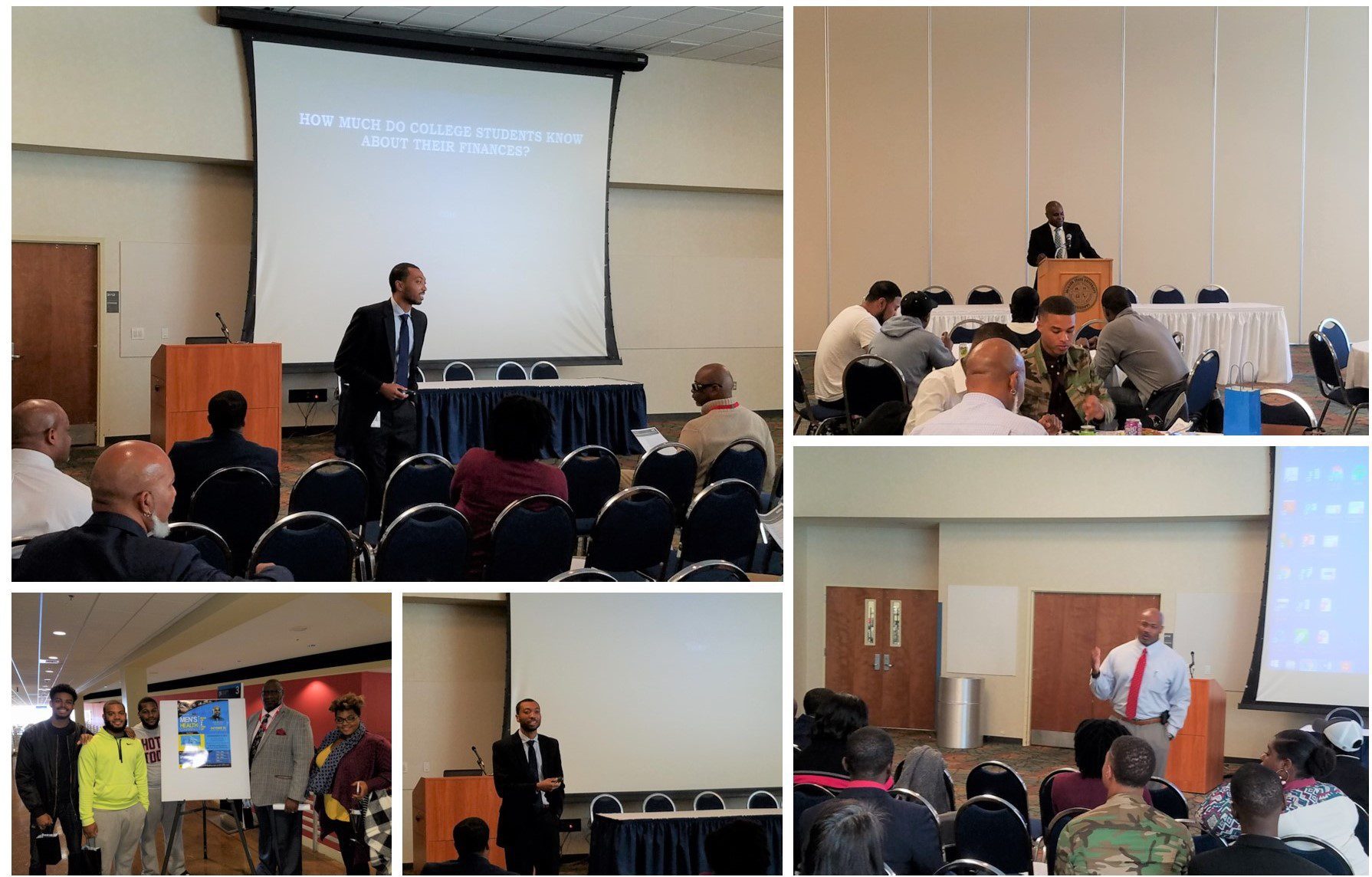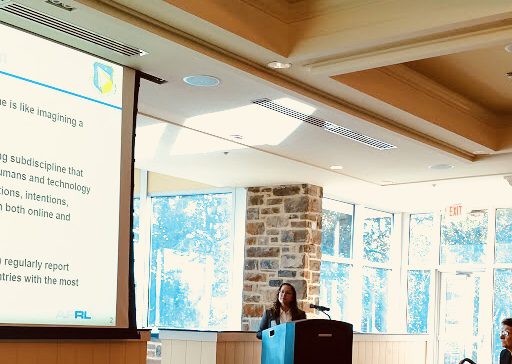Department of Psychology
College of Liberal Arts
The Department of Psychology at Jackson State University is a unit of the School of Social and Behavioral Sciences in the College of Liberal Arts
Project SAFE

Project SAFE began as a multisite prevention Research initiative funded through the Centers for Disease Control. This project is housed in the Community Health Program. Community Health Program serves as both the research arm for graduate students in the psychology department and as a Community engagement program. After the CDC initiative expired, former President Mason decided to allow this work to continue by providing University support. Since 2006, SAFE has tested over 7500 students. It provides free Rapid HIV Testing in the primary location on the 1st floor of the Liberal Arts building. The staff in the testing center also provides Pre & Post counseling for all those getting tested. Project SAFE also provides mobile testing for different venues on campus and off campus. For those getting tested, they also provide free T-shirts or Sports water bottle. SAFE sponsors a major HIV awareness event, Party on the Plaza, in the spring semester each year. In 2011, project expanded its services by adding a Peer Health Educator program.




ABOUT THE PROGRAM
More about us
By the time JSU officially gained university status from Mississippi’s state legislature in 1979, the Department of Psychology’s primary focus on research made its move to the School of Liberal Arts a natural transition. Then, Dr. Janet St. Lawrence, a faculty member and clinical psychologist at JSU, began to investigate HIV and STD issues in vulnerable populations during the advent of the AIDS epidemic. Out of this work with those in drug treatment, people contending with incarceration, or people from other at-risk groups, came the genesis of the Community Health Program (CHP). This program became the foremost research division within the Psychology Department and works to provide community service while training students and conducting original studies, which gain national attention. Additionally, during this time period, Dr. Cynthia Ford designed a course to teach psychology from an afro-centric perspective. This type of enhancement to the curriculum highlights JSU’s focus on both cultural and individual diversity and remains a popular elective in the discipline.
LEARN BY DOING
The mission of the Undergraduate Major in the Psychology Department is to expose students to the breadth and depths of the various fields of psychology. Students are encouraged and taught to think critically about psychological issues and to understand the value of empirical investigation. The department seeks to foster each student’s appreciation for the field of psychology and its applications to individual and social problems. The department is dedicated to high standards of original inquiry and personal growth. Students are taught that sound research and scholarship serve to expand knowledge and improve the quality of peoples’ lives. Our program provides students with the education needed to enter a variety of careers or to pursue graduate work in psychology or related fields.
“Challenging Minds, Changing Lives.”
APPLY YOUR KNOWLEDGE
After years of preparing undergraduates to pursue advanced research degrees, JSU began to develop its own plan for graduate study. Spearheading this movement was a working group whose goal was to design a program in clinical psychology that would provide multicultural training. The idea behind such multiculturalism is that the most effective clinical psychologists are those who have separated themselves from their personal biases and that this can only occur through in depth understanding of other cultures. In 1995, program was launched with a charter class of five students. APA accreditation then followed in 2001, and the first dissertation defense occurred in 2002. The concept of multicultural training remains a primary mission and requires the program actively to support those from diverse ethnic and racial backgrounds while ensuring that even the most traditional of graduate students becomes immersed in as many different environments as possible. This occurs most directly through practica, externships, and field research experience with underserved people; in the area of Jackson, this most often means rural and African-American populations.
CAREER OPPORTUNITIES
Psychology majors have a plethora of career options after studying:
| Psychiatrist | Industrial-Organizational Psychologist | Neuropsychologist | Clinical Psychologist |
| Engineering Psychologist | Counseling Psychologist | Forensic Psychologist | School Psychologist |
| Correctional Psychologist | Sport Psychologist |
PERSONNEL
READY TO JOIN?
For more information, please contact us at (601) 979-2371. We look forward to meeting with you and seeing how our program can help you achieve your goals.

